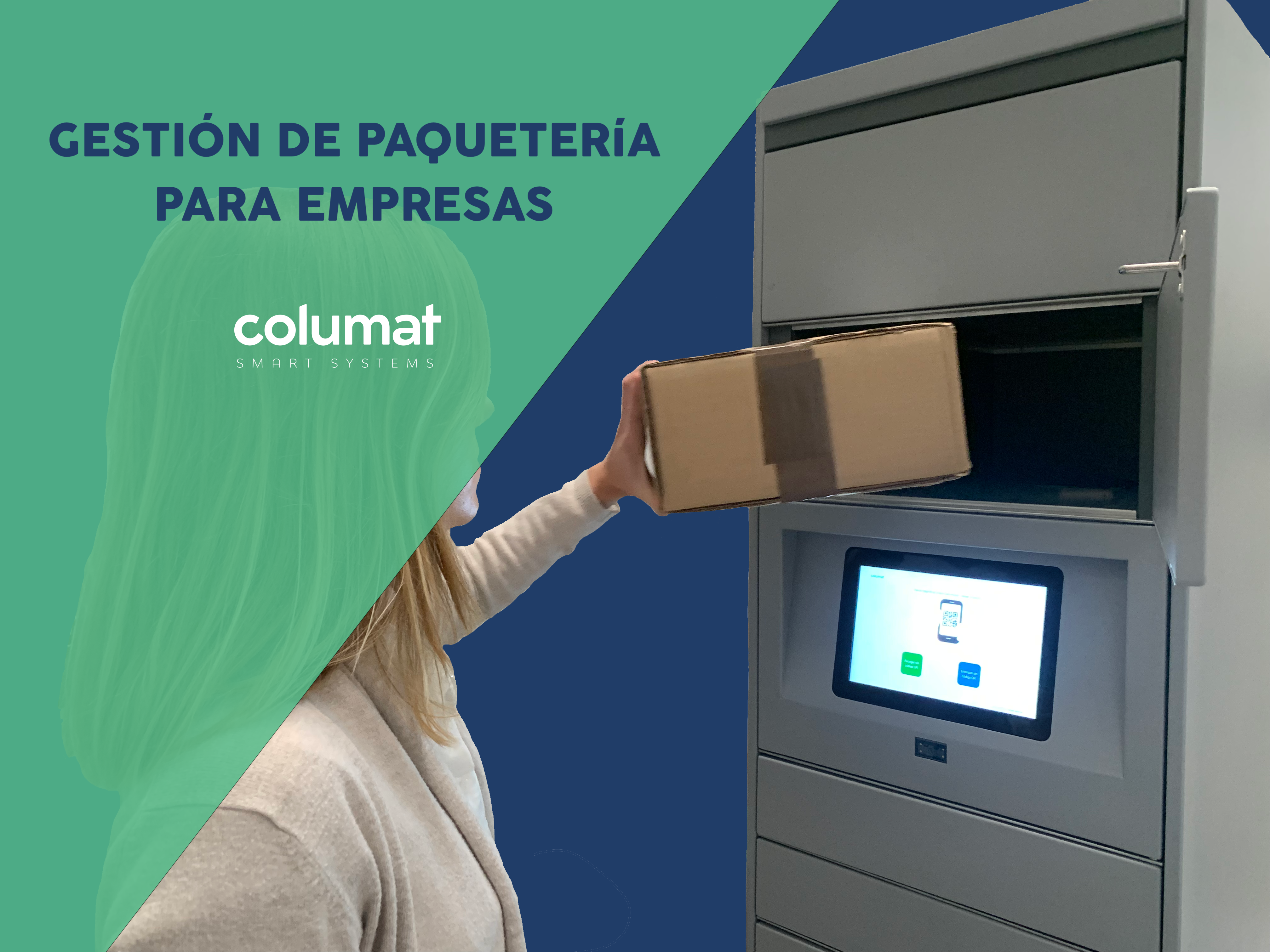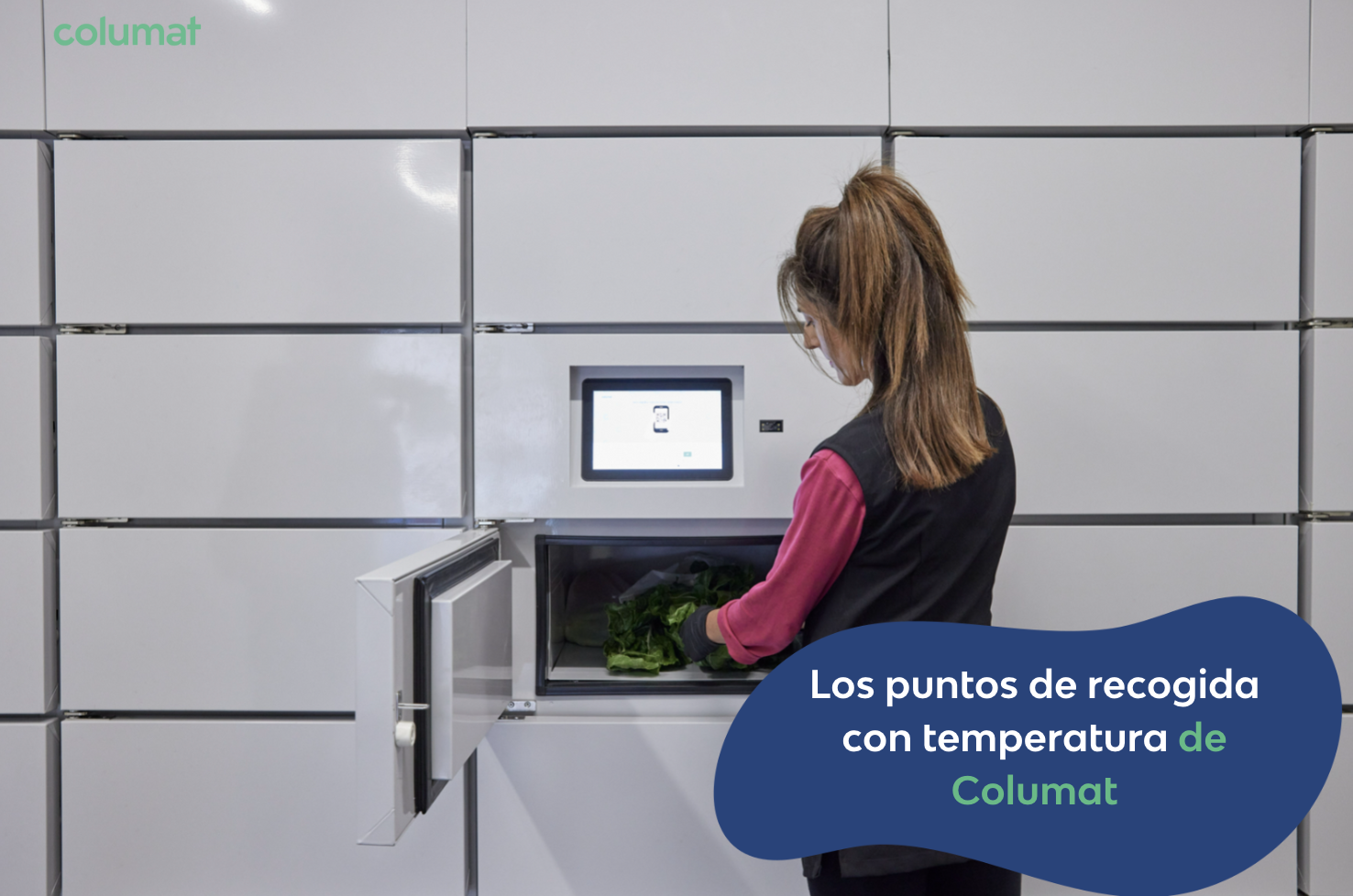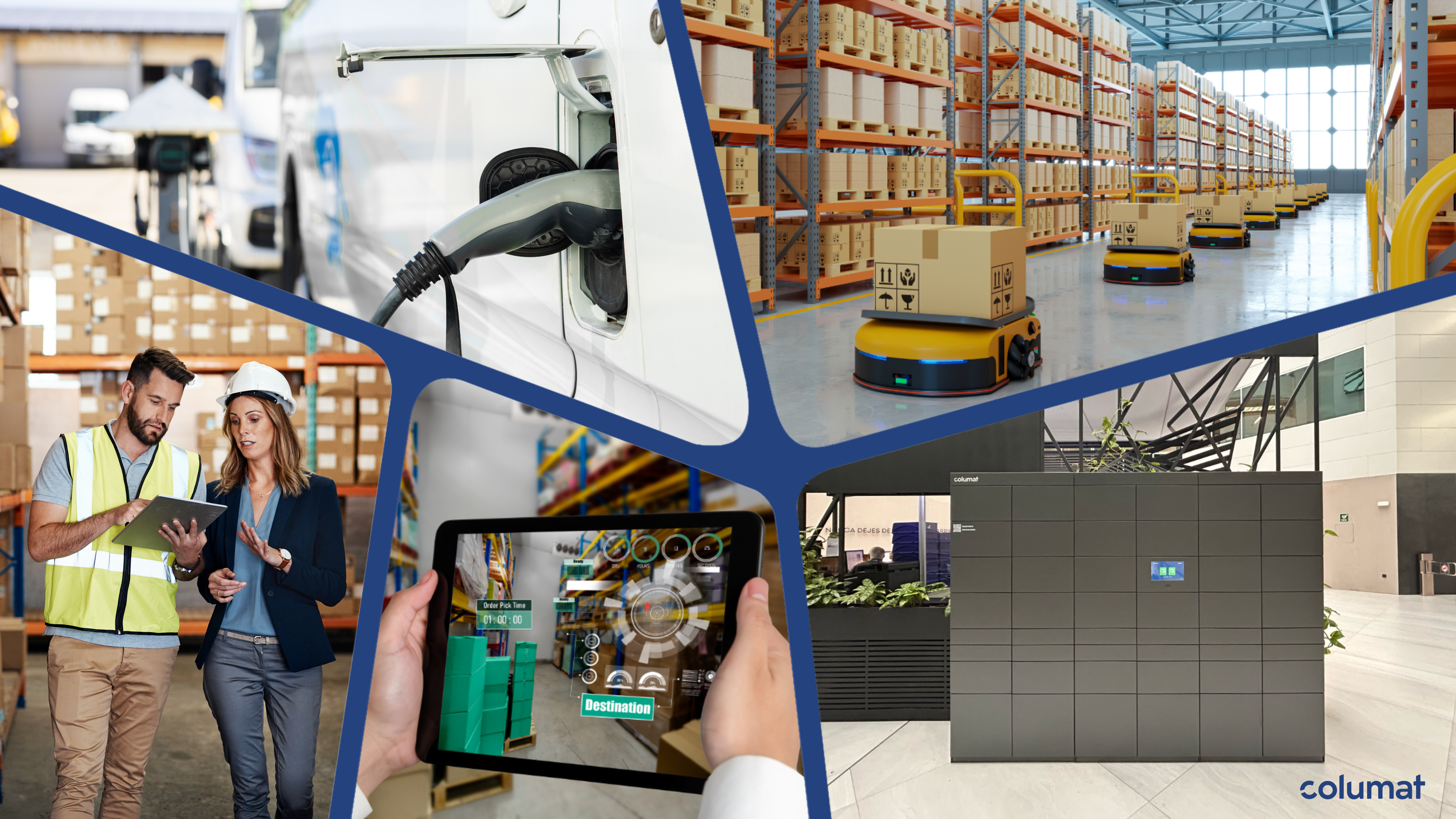Artificial Intelligence: How AI optimizes logistics processes
In the dynamic world of logistics, artificial intelligence (AI) is revolutionizing the way companies operate. From route optimization to demand prediction, AI offers innovative solutions that increase efficiency and reduce costs.

1. Route Optimization
AI uses advanced algorithms to analyze multiple variables in real time, such as traffic, weather and load capacity, to determine the most efficient routes. This not only saves time and fuel, but also improves on-time deliveries.
Example:
- Intelligent Routing: An Artificial Intelligence algorithm can reschedule truck routes in real time to avoid congestion and accidents, ensuring deliveries are made faster and more efficiently.
2. Demand Forecasting
AI can analyze large volumes of historical and current data to predict product demand more accurately. This allows companies to adjust their inventories and resources accordingly, avoiding both product overages and shortages.
Example:
- Predictive Analytics: An AI system can forecast peaks in demand during holiday seasons or special events, allowing companies to better plan their logistics operations.
3. Inventory Management
AI systems can continuously monitor inventory levels and automate replenishment processes. This ensures that sufficient stock is always available without incurring unnecessary warehousing costs.
Example:
- Automated Inventory: Sensors and AI systems can track real-time inventory in warehouses, automatically generating purchase orders when stock levels fall below a predefined threshold.

4. Predictive Maintenance
AI can predict when logistics vehicles and equipment will need maintenance, based on analysis of historical data and current conditions. This helps avoid unexpected breakdowns and reduces downtime.
Example:
- Condition Analysis: Sensors installed in vehicles can send data to an AI platform that analyzes wear and tear and potential failures, scheduling maintenance before serious problems occur.
5. Warehouse Automation
AI-powered robots are transforming warehouses by taking on repetitive tasks such as picking, packing and shipping. This not only increases speed and accuracy, but also reduces the need for human labor for physically intensive tasks.
Example:
- Warehouse Robotics: AI-guided robots can navigate warehouses picking and packing products with high accuracy, freeing employees to focus on more complex tasks.
6. Improved Customer Service
AI can significantly improve customer service through chatbots and virtual assistants that provide fast and accurate responses to customer queries, track shipments and resolve issues.
Example:
- Intelligent Chatbots: An AI-powered chatbot can handle frequently asked questions about shipment status, delivery schedules and order issues, improving customer satisfaction.
7. Data Analysis and Decision Making
Artificial Intelligence facilitates the analysis of large amounts of logistics data to identify patterns and trends. This helps managers make more informed and strategic decisions, optimizing operations and reducing costs.
Example:
- Big Data and Logistics: AI-based data analytics platforms can provide detailed reports on supply chain performance, enabling fast and effective adjustments to logistics strategy.
Conclusion
The integration of artificial intelligence in logistics is changing the way companies manage their operations. From route optimization to predictive maintenance, AI offers numerous advantages that improve efficiency, reduce costs and increase customer satisfaction. Adopting these innovative technologies is crucial to staying competitive in today's logistics market.
We leave you the link to our blog so you can learn more about the world of logistics:
We leave you, also, a blog with more information about what is Artificial Intelligence.
https://planderecuperacion.gob.es/noticias/que-es-inteligencia-artificial-ia-prtr


